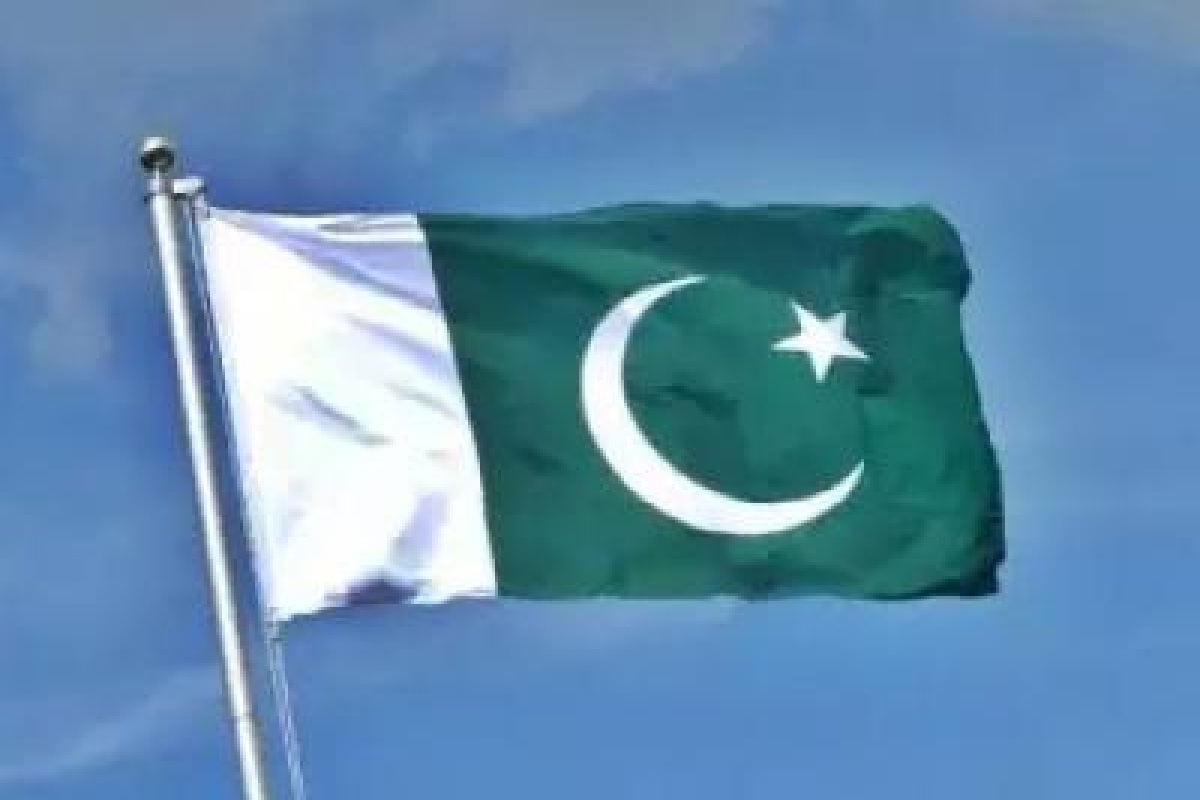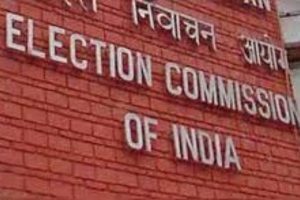The new Pakistan Prime Minister, Shehbaz Sharif, who took over this week after the ouster of his predecessor Imran Khan, did not waste a minute mentioning the K (Kashmir)word. Sharif spent considerable time on India in his foreign policy segment in his address to Parliament.
After Sharif’s foreign policy statement, there can be many interpretations of how the new regime wants to conduct its international relations, especially with India.
Advertisement
After the mention in Parliament, Sharif talked of Kashmir the next day in a tweet. This was not surprising as what he said is Pakistan’s stated national position.
Whether he did it for domestic or international audiences, Sharif said there could be no progress in the Indo- Pak relationship without solving Kashmir. “We want good ties with India, but durable peace is not possible until the Kashmir dispute is resolved,” he said, adding that Pakistan would continue to provide political, diplomatic and moral support to the people of Kashmir.
Both Sharif brothers – elder brother Nawaz and Shehbaz – were in exile for seven years in Saudi Arabia and London after a 1999 coup by General Pervez Musharraf.
What does the new regime mean for India and Pakistan? Will there be a new beginning? Will both prime ministers find a meeting ground and resume the dialogue? For India, Kashmir would no longer be a subject of contention after the state’s trifurcation in August 2019. But Pakistan continues to raise it in international fora.
Shehbaz, a three-time chief minister of Punjab, is projected as a ‘workaholic’ leader. Coming from a prominent political family, he is a good administrator. Pakistan’s Dawn newspaper noted that Shehbaz likes to call himself Khadim-i-Aala (chief servant). Shehbaz has taken over when Pakistan is at the crossroads of its economic, political and strategic goals. The country is going through an acute financial crisis, which has made its military leaders do some introspection.
India is watching the developments in Pakistan closely and with “cautious optimism”. It is too early to speculate, and the next few weeks will show if the willingness exists on both sides to normalise relations. There are political compulsions on both sides. A sustained, meaningful dialogue could result in a positive outcome.
The ties between the two countries have been tumultuous in the past few years. Incidents like the Balakot strike in 2016, the Pulwama attack in 2019 and the trifurcation of Jammu and Kashmir have kept the relationship strained in the past few years.
Both countries want the other to take a first step toward resuming the dialogue, which has been halted since 2016. Imran Khan’s position was any talks were conditional on New Delhi reversing the August 5 Kashmir move. And New Delhi wants to resume the negotiations only after an end to cross-border terrorism.
The Sharif family has advocated for better ties with India in the past. Shehbaz’s last visit to India was in December 2013, when he met then Prime Minister Manmohan Singh. He was also a great votary of better trade relations.
For Sharif, the priority will be to address the economic crisis, keep the political alliance intact at home, and retain relations with other countries at the international level.
He also has to improve Pak-US ties which had undergone some strains during Imran Khan’s regime.
On the economic front, the recommencement of the International Monetary Fund’s $6 billion bailouts will be crucial for the new government.
One major decision facing the new leader will be the extension of the present Army chief General Qamar Javed Bajwa when his term expires in November. Pakistan’s army has supported Shahbaz Sharif. The army is the principal political actor. Shehbaz Sharif has been closer to the military than his brother Nawaz and could mend the strained relationship with the powerful army generals.
The army has been battling for better ties with India. Interestingly, Javed Bajwa had recently sounded a conciliatory note publicly about ties with India and a resolution of the Kash- mir issue through dialogue.
The Indian and Pakistani armies implemented a ceasefire at the LoC in February last year, and it has held so far. The army has decided to substantially reduce its strength by 5.38 lakh troops over the next five years. The money saved would be used for modernisation, focusing on firepower and cyber warfare.
Many experts believe that engaging with Pakistan would be an excellent diplomatic gesture. There will always be differences, but success lies in keeping the contentious issues aside and going ahead with what is possible like trade, the health sector and climate change.
New Delhi has so far made the right noises and is closely watching what goes on in Pakistan. This is indeed the right step. The coming weeks will reveal what is on Sharif’s mind and that will be the time to respond.











